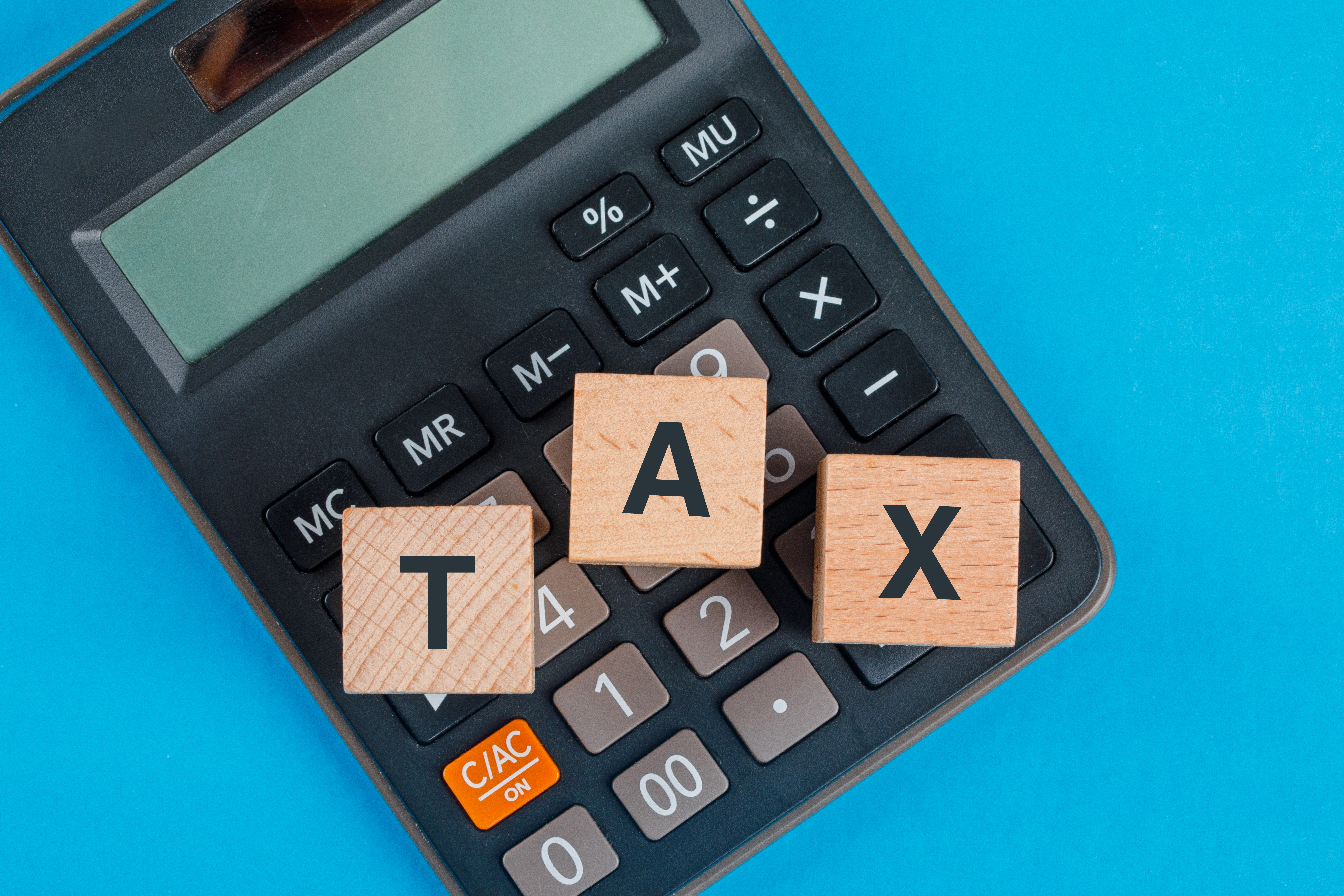Rachel Reeves is preparing to deliver her first Autumn Budget as Chancellor later this year. With the UK facing tight public finances, inflationary pressures, and growing expectations from households and businesses alike, this could be one of the most closely watched statements in years.
At SA Lee Accountancy Ltd we’re keeping a close eye on developments, so we can help you plan ahead.
Why This Budget Matters
The government has committed to ambitious investment plans but has also promised not to raise income tax, National Insurance or VAT for working people. This leaves limited room for manoeuvre, especially with public debt levels high and economic growth slower than expected.
Reeves will need to balance delivering on key spending promises with finding new ways to increase revenue, without undermining public trust.
What’s On the Table?
While we won’t know the final announcements until Budget Day, here are some of the proposals and ideas that are currently being discussed:
- Switch between Income Tax and National Insurance: Cutting employee National Insurance while increasing income tax could be a way to rebalance the system and raise funds without hitting take-home pay too hard.
- New Property Taxes: High-value homes or second properties could be targeted through increased taxes or transaction-based charges.
- Pension Tax Relief Changes: The tax-free lump sum or other pension perks could face restrictions, especially for higher earners.
- Tightening of Reliefs: Salary sacrifice schemes and other tax reliefs could come under review, particularly those seen as disproportionately benefiting higher earners.
- Focus on Wealth and Capital: There may be further measures targeting capital gains, dividends, or other forms of investment income.
What You Should Do Now
Whether you’re an individual with investments or a business managing payroll and employee benefits, it’s wise to start preparing for possible changes.
- Review your pension arrangements and assess how any proposed changes might impact your retirement plans.
- Stay on top of company benefits and salary sacrifice schemes in case HMRC changes the rules.
- If you own high-value property or investment assets, consider whether there are planning steps you can take ahead of the Budget.
With the Budget now confirmed for 26th November 2025, it’s reported that some of the key measures under discussion include a potential switch between income tax and National Insurance rates, as well as possible cuts to VAT on energy bills to ease household costs. While nothing is confirmed, these changes could impact both personal finances and payroll planning, so it’s a good time to start thinking ahead.
📅 Key Dates & Planning Checklist
Budget Date:
Wednesday 26th November 2025
What to review ahead of time:
✅ Your pension arrangements and potential changes to tax relief
✅ Income from property, dividends or capital gains
✅ Salary sacrifice schemes and employee benefits
✅ Business payroll/NIC liabilities
✅ High-value assets or second properties
Being proactive could help you make the most of any opportunities, or avoid surprises, when the Budget is announced.
Need personalised tax planning or business support ahead of the Budget? Visit our website or get in touch via our Contact Us page.
We’re here to help you stay one step ahead, whatever the Chancellor announces.
















